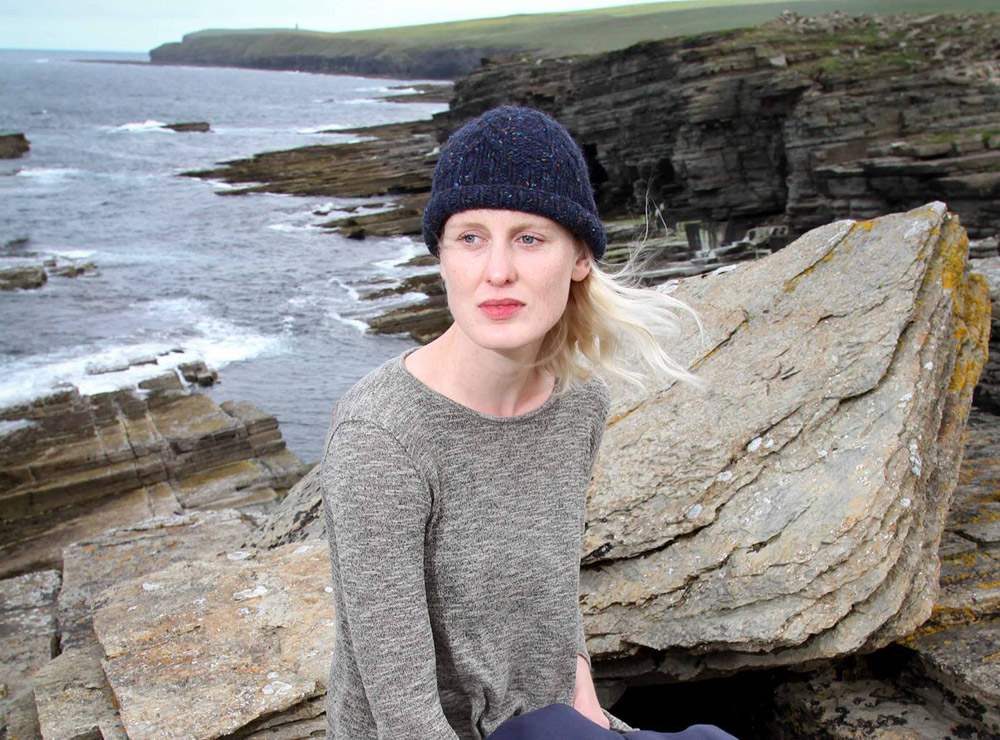Related Writers
Literature organisations
Discover more
Connections

Commissions
Squint
by Alexandra Harris

Writing & Publishing
The Performance Tool-Kit
From book tours to gigs in stores, how to read your writing well

News
Naomi Wood Twitter Q&A
Read the full transcript

Commissions
Ten Men
By Benjamin Myers

